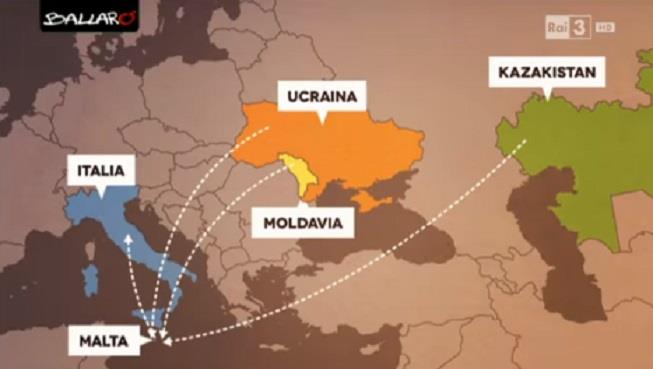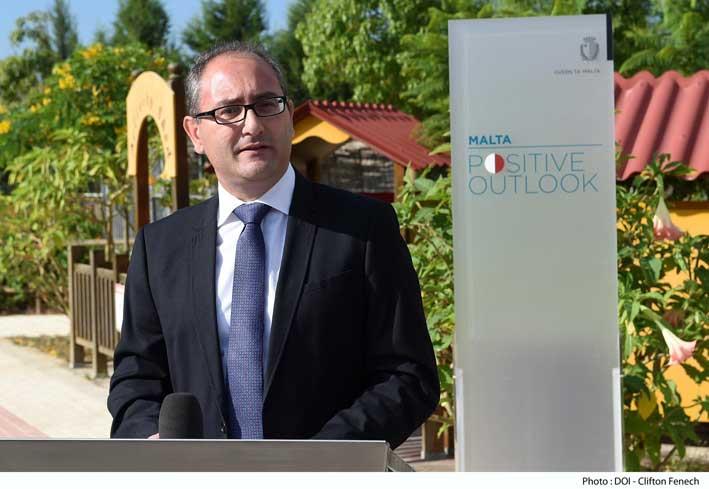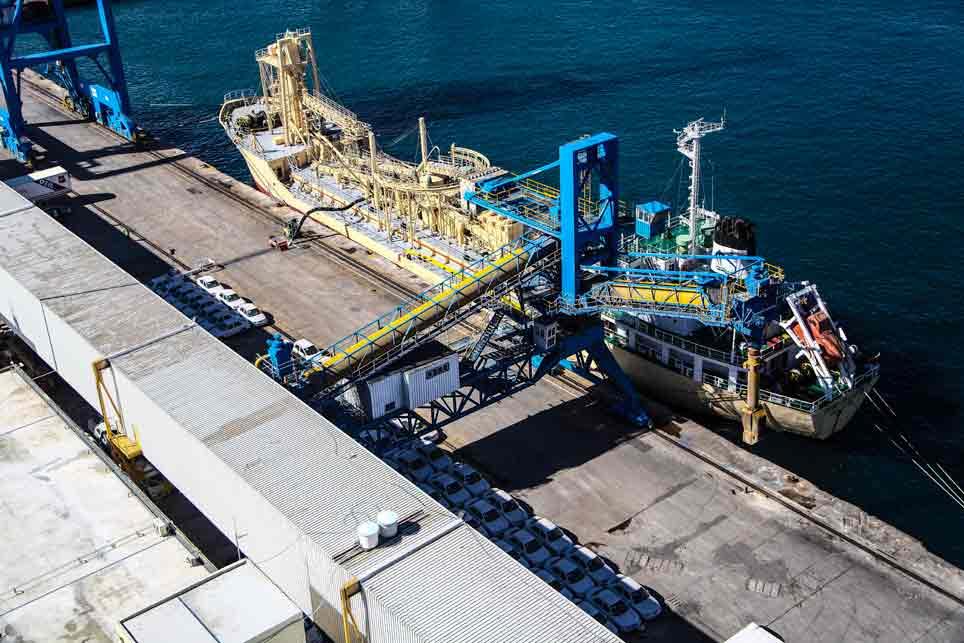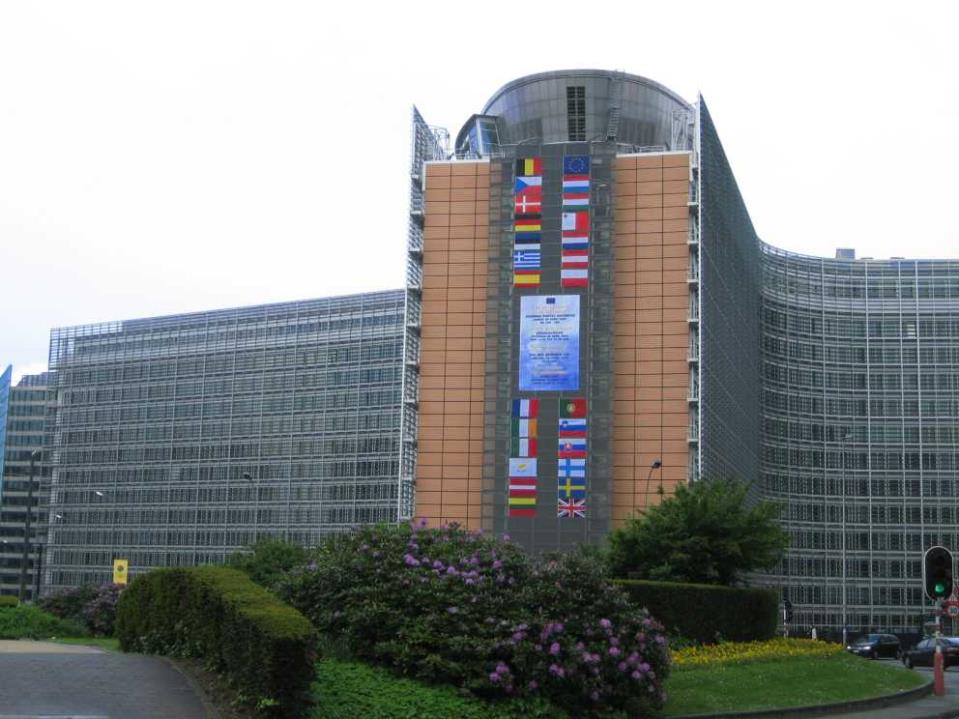The Parliamentary Secretariat for Agriculture has strongly rejected claims – made during a current affairs show on Italian TV back in March – that Malta was involved in a scam involving the fraudulent labelling of conventional grain as being organic, with the purpose of being sold at a higher price in Italy.
A segment of the Ballaro` show on Rai 3 had focused on large-scale fraud in the €200 million industry, as reported on this website some days ago. The journalist who produced the feature claimed that in one particular case, conventional grain, soya and corn (grown using pesticides) were exported from Moldova, Ukraine, and Kazakhstan to Malta. “Here, the relevant authorities certified the product as being organic when in actual fact it was grown using pesticides and weed killers. The product was then exported to Italy, where it was placed on the market.”

The Parliamentary Secretariat had initially only provided a short answer to questions sent by this paper but a more detailed comment was sent this week by a spokesperson for Parliamentary Secretary Roderick Galdes. The PS said it wished to clarify a number of issues and “reassure the public concerning the vigilance exercised by Maltese authorities on these products in terms of the applicable European legislation.”
Mr Galdes’ spokesman said the Ballaro` feature referred to an incident going back to 2012. The investigation had been launched following claims – which came after fraud scandals in Italy in previous years, which had dented the credibility of Italian producers – by the commercial lobby of Italian Organic Producers. “The President of the lobby took credit for this during the same show, while criticising the respective Italian ministry over controls carried out by the authorities there.”
“The former Ministry responsible for Agriculture (Ex-MRRA) had immediately taken steps to clarify in detail its control activities in that specific case and to ask this organisation to withdraw its baseless allegations, and to point out its conflict of interest in this field (the same lobby also offered rival commercial services of certification in third countries through Italian embassies).”

“The case in question concerned a first-time trans-shipment of cereals intended for animal feed from Moldova, which were sampled by the control authority in Malta – the Malta Competition and Consumer Affairs Authority – before being dispatched to be kept in a customs warehouse in Italy. These goods were not released for free circulation into the Community by the Maltese authorities as the control body was awaiting confirmation from the accredited laboratories in Italy, which it used at the time, for the tests on the samples taken in Malta when Italian authorities seized these goods following tests which were conducted on the consignments after these had been lying for a number of weeks in grain warehouses in Italy. Following a letter shared by Italian authorities in the first quarter of 2014 within the EU channels referring to two investigative operations carried out concerning food and feed originating from third countries, Malta felt compelled to write to the European Commission to clarify further its own role in ensuring border controls on the basis of a factual and detailed chronology.”
The spokesperson said the European Commission had subsequently carried out a mission in Malta through its Food and Veterinary Office (FVO) as well as DG for Agriculture. “After examining all the facts and documentation in detail, the EC issued a report which supports the view of the Maltese authorities that legislation and systems were in fact in place in conformity with EU legislation and that revisions to continue improving and upgrading these systems had been undertaken, in spite of the very small amount of producers and imports which the system needs to cater for.

The EU Commission specifically did not include any comment or reference in its report as concerns shortcoming on the part of that case which involved Malta.”
The spokesperson added that, since 2012, the Maltese competent authority has never been contacted by Italian investigators to provide information in the context of their investigations, although recently there has been at least one case where Italian authorities have initiated investigations based on a flagging by the Maltese authorities.
“Nonetheless, the agriculture directorate has endeavoured to continue revising and improving the control systems in place and over the past few years has revised the legislation in force as well as continued to bolster market surveillance and controls both on imports as well as produce sold at retail in Malta, and on Maltese producers, including through the MCCAA as the official control authority. This has resulted in a number of investigations, both upon initiative or following complaints, as well as corrective actions being taken, which have also included suspension of licences for certain operators found in breach. This system was audited successfully once again by the EU Commission in the context of controls on Maltese producers in 2015, and more generally over recent weeks, where a final report from the FVO is being awaited.”

The Parliamentary Secretariat said the organic business is big in Italy and elicits both strong interest and also, regrettably, abuses by both Italian and other operators.
“It is also not difficult to discern why this interest has periodically translated into stories purporting to depict Malta and certain other Member States which conduct border controls (and by association all imported produce) in a bad light. What is deplorable and has always been promptly and firmly rebutted through hard evidence by the Maltese authorities is the suggestion that any abuse perpetrated in that jurisdiction is somehow linked to shortcomings, deficiencies, lack of effort or will by the authorities in Malta.”